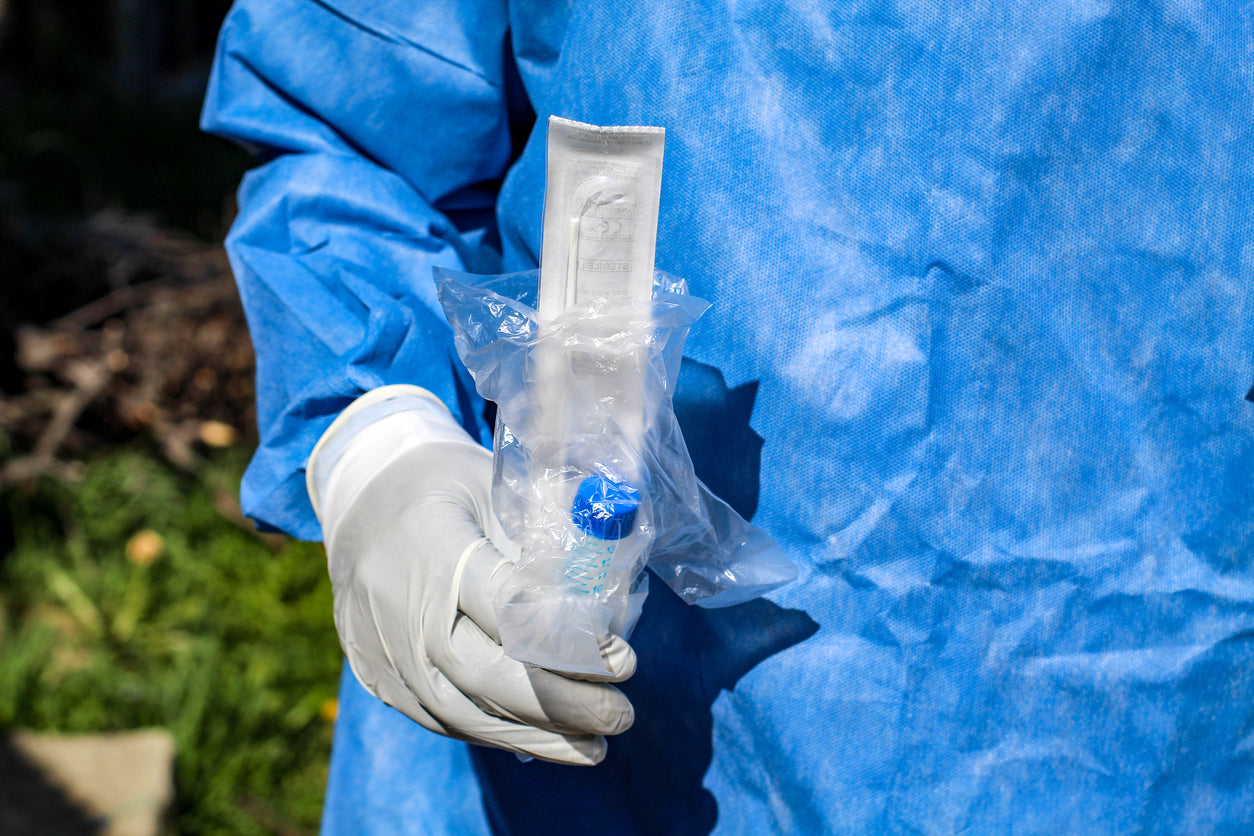Chemical resistant gloves are indispensable protective gear in various industries where employees are exposed to hazardous chemicals. Let's delve into the world of occupations where the use of chemical resistant gloves is not just a precaution but a necessity.
Introduction
Chemical resistant gloves serve as a crucial barrier against harmful substances, shielding the hands from potential injuries caused by exposure to chemicals.
Importance of Chemical Resistant Gloves
Chemical resistant gloves play a pivotal role in safeguarding workers against occupational hazards posed by a wide array of chemicals. Whether it's corrosive acids, toxic solvents, or reactive compounds, these gloves offer a vital layer of protection.
Occupational Hazards
In industries such as manufacturing, healthcare, and research laboratories, workers routinely handle hazardous substances that can cause severe skin damage upon contact. Chemical resistant gloves act as a frontline defense, reducing the risk of chemical burns and absorption through the skin.
Types of Chemicals
From strong acids and bases to organic solvents and cytotoxic drugs, the spectrum of chemicals encountered in various workplaces necessitates specialized protective measures. Chemical resistant gloves are designed to withstand specific types of chemicals, providing tailored protection based on the task at hand.
Jobs Requiring Chemical Resistant Gloves
Laboratory Technicians
In laboratory settings, technicians handle a diverse range of chemicals during experiments and analyses. Whether it's mixing reagents, handling biohazardous materials, or working with volatile substances, chemical resistant gloves are essential to minimize the risk of exposure.
Chemical Engineers
Chemical engineers involved in process design and optimization often work with potent chemicals in manufacturing plants. From petrochemicals to pharmaceutical compounds, these professionals rely on chemical resistant gloves to mitigate the potential hazards associated with their work.
Industrial Workers
Across industries such as manufacturing, construction, and automotive repair, workers frequently encounter chemicals as part of their daily tasks. Whether it's cleaning, painting, or handling raw materials, chemical resistant gloves are indispensable for protecting against accidental spills or splashes.
Healthcare Professionals
In healthcare settings, particularly in laboratories and pharmacies, healthcare professionals come into contact with hazardous substances like cytotoxic drugs and infectious agents. Chemical resistant gloves are crucial for ensuring their safety while handling these materials.
Features of Chemical Resistant Gloves
Material Composition
Chemical resistant gloves are typically made from specialized materials such as nitrile, neoprene, or natural rubber latex, each offering distinct advantages in terms of chemical resistance and flexibility.
Thickness and Durability
The thickness of chemical resistant gloves varies depending on the level of protection required. While thicker gloves provide greater resistance to punctures and abrasions, they may compromise dexterity. Strike the right balance based on the specific tasks involved.
Dexterity and Grip
Opt for chemical resistant gloves that offer adequate dexterity and grip, allowing users to perform intricate tasks with precision while maintaining a firm hold on objects. Enhanced grip reduces the risk of accidental spills or drops when handling chemicals.
Selection Criteria for Chemical Resistant Gloves
Compatibility with Chemicals
Select gloves that are compatible with the specific chemicals encountered in your workplace. Refer to compatibility charts provided by manufacturers to ensure optimal protection against the substances you handle.
Comfort and Fit
Comfortable gloves are more likely to be worn consistently, ensuring continuous protection throughout the workday. Choose gloves that fit snugly without being overly restrictive, minimizing the risk of slippage or discomfort during use.
Regulatory Compliance
Ensure that the chosen gloves comply with relevant safety standards and regulations, such as those set forth by OSHA (Occupational Safety and Health Administration) or ANSI (American National Standards Institute). Adhering to regulatory requirements is essential for maintaining a safe work environment.
Best Practices for Using Chemical Resistant Gloves
Inspection and Maintenance
Regularly inspect gloves for signs of wear and tear, such as cracks, tears, or degradation. Replace damaged gloves promptly to maintain their effectiveness as a protective barrier.
Proper Donning and Doffing
Follow proper procedures for donning and doffing gloves to minimize the risk of contamination. Ensure hands are clean and dry before wearing gloves, and avoid touching the exterior surface when removing them.
Storage and Handling
Store chemical resistant gloves in a clean, dry environment away from direct sunlight and sources of heat or moisture. Avoid storing gloves near incompatible chemicals to prevent potential degradation or compromise of their protective properties.
Conclusion
In occupations where exposure to hazardous chemicals is a constant reality, the use of chemical resistant gloves is paramount to ensuring the safety and well-being of workers. By understanding the specific hazards present in their environment and selecting the appropriate gloves based on material composition, thickness, and compatibility, individuals can effectively mitigate risks and protect themselves from potential harm.
FAQs
-
What types of chemicals can Chemical Resistant Gloves protect against? Chemical resistant gloves are designed to protect against a wide range of substances, including acids, bases, solvents, and toxic chemicals.
-
How often should Chemical Resistant Gloves be replaced? Gloves should be replaced regularly, especially if they show signs of wear and tear or degradation. Follow manufacturer recommendations for replacement intervals.
-
Can Chemical Resistant Gloves protect against all types of chemicals? While chemical resistant gloves offer protection against many chemicals, it's essential to select gloves specifically designed to withstand the substances encountered in your workplace.
-
Are there different sizes of Chemical Resistant Gloves available? Yes, chemical resistant gloves are available in various sizes to accommodate different hand sizes and ensure a proper fit for maximum comfort and protection.
-
Can Chemical Resistant Gloves be reused? In some cases, chemical resistant gloves can be reused if they are in good condition and have not been exposed to hazardous chemicals. However, it's crucial to inspect gloves regularly and replace them as needed to maintain their effectiveness.

